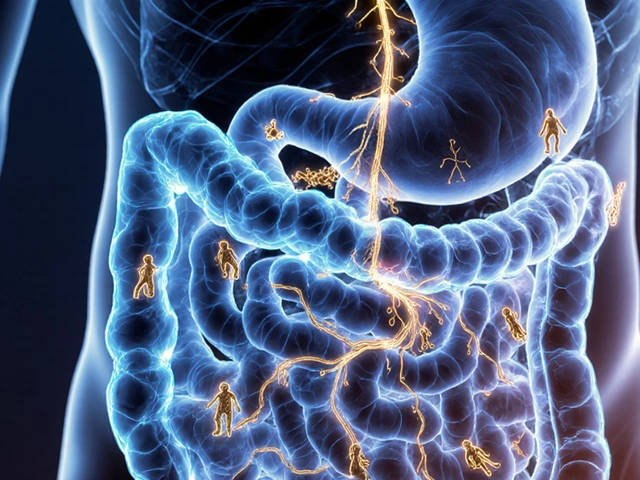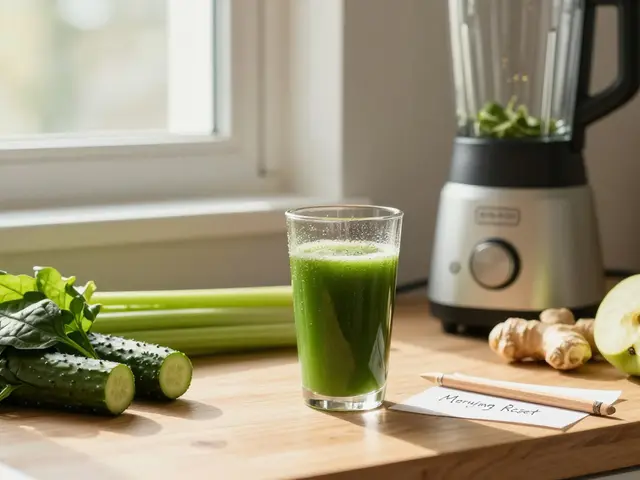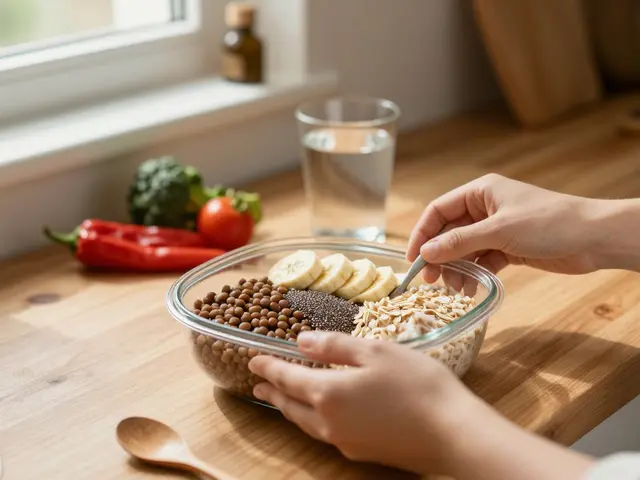Unveiling the Mystery: What is the Gut?
I had the distinct honor of learning just how incredibly valuable our gut health is at, of all places, a school science fair. My son Xavier, who could build a rocket with duct tape and a juice box, decided that this year he was going to astound his classmates with something a bit...gulp...messier. To my astonishment and initial mild horror, he decided to build a detailed model of the human digestive tract right in our living room. With a little guidance and a lot of googling, we discovered that the gut is far more than just a food processing plant.
In fact, the digestive system, particularly the gut, is connected to every part of our body—right from our brain to our toes. It's a super-highway of nerve connections and hormone signalers that not only process what we eat but also affects our mood, mental health, immune system, and overall health.
Introducing the Unsung Hero: Your Microbiome
Amid our papier-mâché intestines, what truly intrigued me was the discovery of an entire universe that lives within us—our gut microbiome. To say "I'm just a bit obsessed" would probably be an understatement!
The gut microbiome comprises trillions of bacteria, viruses, and fungi that exist peacefully (mostly!) in our intestines. Despite their microscopic size, these microbes pack quite a punch! They not only digest our food and help absorb nutrients, but they also play a crucial role in maintaining our immune system.
In fact, it startled me to learn that a whopping 70% of our immune system resides in our gut. I thought to myself, "Wait. Did you say 70%, Cassandra!?" Yes indeed, I did! And thus, the humble gut microbiome has earned its title as the unsung hero of our immune system.
Keeping the Peace: Balance in the Gut
A balanced microbiome is akin to a well-oiled machine. It goes about quietly doing its job, ensuring everything runs smoothly, and we rarely give it a second thought. However, just like any machine, lack of maintenance or imbalance in its operating conditions can lead to problems. In the case of our gut, an imbalance in our microbiome—termed "dysbiosis"—can lead to a host of health issues, not to mention a weakened immune system.
And just as a species-rich rainforest thrives better than a monoculture plantation, a diverse gut microbiome is associated with better health. So, how do you keep your gut health in tiptop shape? The answer lies majorly in what you eat.
A Gut-Friendly Diet: Making the Right Choice
A healthy gut, like a spoilt child, is very picky about what it likes. But unlike said spoilt child, the gut's choices are often good for us. A diet rich in fiber, healthy fats, lean proteins, and a variety of colorful fruits and veggies is the ideal meal plan for our gut microbes. And just as we love the occasional treat, so does our microbiome. Foods like yogurt, kefir, kimchi, and other fermented food items are probiotic-rich and help nourish the good bacteria in our gut.
Xavier's favorite breakfast—whole-grain toast topped with avocado and a side of blueberries—has conveniently been revealed as an excellent gut-friendly meal. His proclivity towards this meal is what I call a win-win situation.
Gut Health Beyond Diet
Now, as important as diet is for gut health, it isn't the only factor at play. Stress, lack of sleep, excessive consumption of alcohol, and certain medications also impact our gut health. My mantra is to lead a balanced life that keeps both me and my gut happy.
Exercise, good sleep, managing stress (like deep breathing, not yelling when you step on a Lego, and actually using your yoga mat for yoga and not as a doorstop), and adequate hydration all contribute to a healthier gut. And henceforth, a healthier you!
So, the next time you think of wellness, don't just focus on the external. Remember, there's a whole universe within you that needs care. Just like Xavier's science project, pay attention to your gut—it may be messy, it may not be the most glamourous, but boy, does it make a world of difference to your health.






